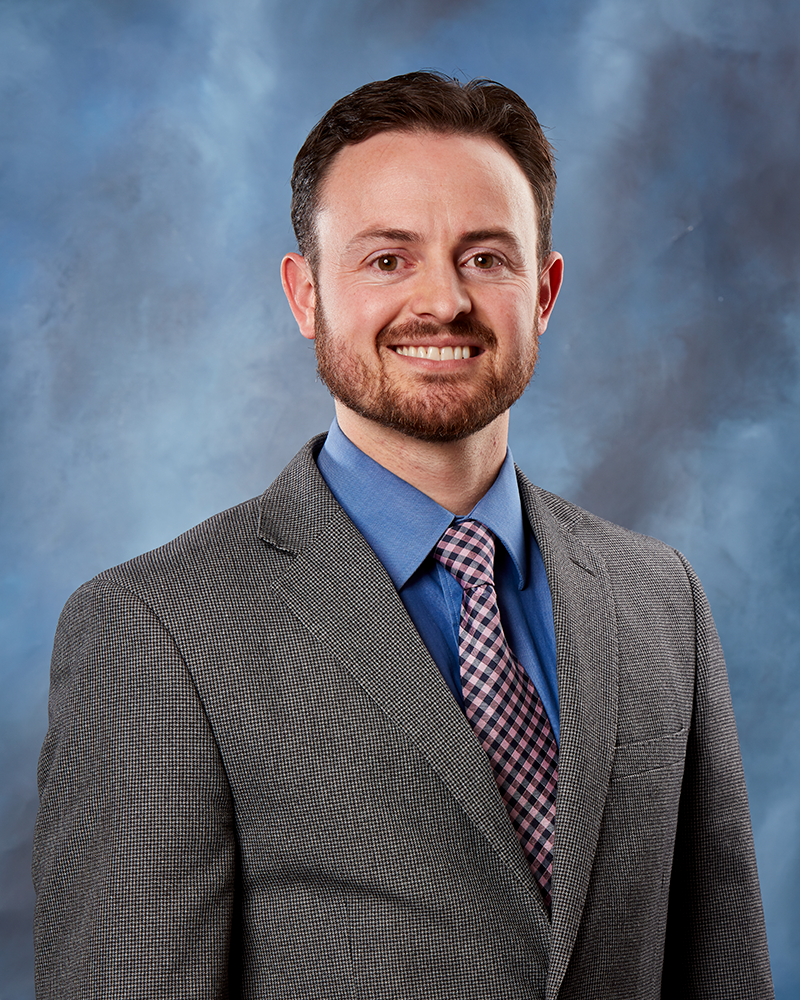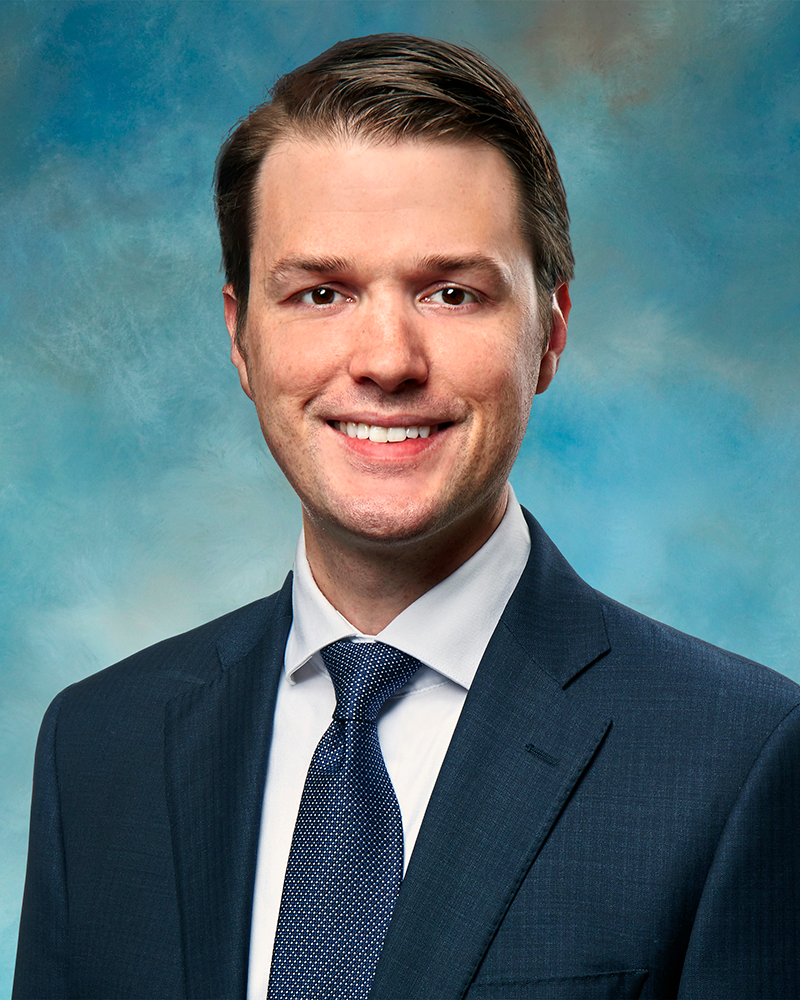Radiation Therapy for Breast Cancer
Breast cancer radiation therapy treats cancer by using high energy x-rays to target and eliminate cancer cells. Breast radiation therapy can be used as a part of treatment for almost every stage of breast cancer. Your physician may recommend radiation treatment for breast cancer to treat cancer that cannot be removed with surgery, after surgery to treat any remaining cancer cells, or to target breast cancer that has spread to other parts of the body. It may also be used to reduce symptoms caused by breast cancer. An important goal of breast radiotherapy (radiation for breast cancer) is to improve disease control while limiting radiation exposure to the heart, lungs and other normal tissues.
New short-course radiation regimens are proving to be safe and effective as radiation treatment for breast cancer. With these techniques, radiotherapy is completed in just days, instead of over many weeks, as has historically been the experience of patients with breast cancer. A course of radiotherapy has typically been divided into multiple treatments administered over consecutive days.
To schedule an appointment call: 651-255-8450
Radiation for Early-Stage Breast Cancer Without Lymph Node Spread
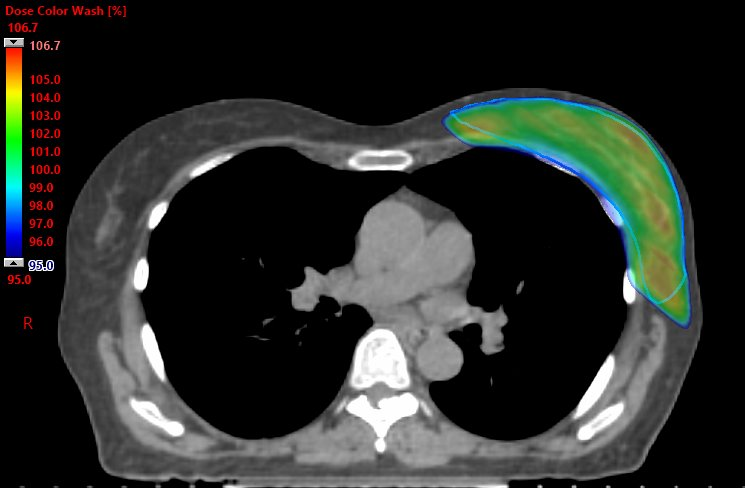 FAST-Forward Whole-Breast Radiation: External beam radiation therapy given to the entire breast.
FAST-Forward Whole-Breast Radiation: External beam radiation therapy given to the entire breast.
Minnesota Oncology has adopted a way of administrating radiation for early breast cancer treatment called FAST-Forward Radiation as a standard breast cancer radiation treatment option for patients with early-stage breast cancer who do not require lymph node irradiation. It is a five-fraction whole-breast radiotherapy, given five total days during one week.
In some situations, to best control the cancer, the entire breast needs to be treated with radiation. Until recently, breast cancer radiation was commonly given five days per week over three to four weeks.
Compared with longer courses of whole breast radiation, the breast radiation side effects of FAST-Foward Radiation are less intense and the radiation is just as effective.
Side Effects for Whole Breast FAST-Forward Radiation
- 66% of patients report mild/no temporary breast radiation side effects
- 88% of patients report mild/no permanent breast radiation side effects
Tumor Bed Boost
Some women benefit from a boost of radiation to the tumor bed (the area in the breast where the cancer was removed) to prevent the cancer from recurring after whole breast radiation. This is targeted breast radiation directed at the surgical cavity. It is usually given in 4-5 daily treatments. Your Radiation Oncologist will decide if a tumor bed boost is necessary.
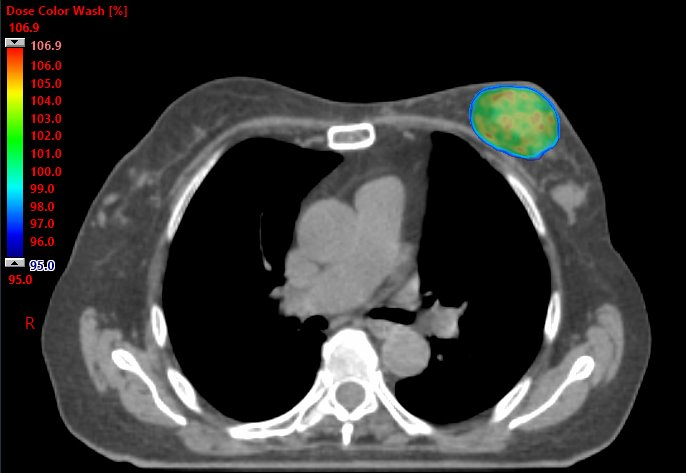 Partial-breast radiation: which is given to the area of the breast where the cancer was removed.
Partial-breast radiation: which is given to the area of the breast where the cancer was removed.
This is targeted breast radiation therapy directed at the surgical cavity. It is delivered in five treatments every other day.
Compared with older forms of radiation that take five weeks, this radiation is just as effective in those who qualify and the breast radiation side effects are less intense.
Side Effects for Partial Breast Radiation
- 98% of patients report mild/no temporary breast radiation side effects
- 95% of patients report no permanent breast radiation side effects
Who Performs the Breast Radiation Treatment
Every patient is different, and so is their cancer treatment. If your breast cancer treatment includes radiation therapy, your cancer care team at Minnesota Oncology will include the following:
Radiation Oncologist: This is a physician who specializes in using radiation radiation on the breast to treat cancer. They oversee your treatment and work closely with other members of your cancer care team members.
- Radiation Oncology Nurse: Your nurse is there to answer any questions you may have during treatment, monitor your health, and help you manage any side effects.
- Radiation Therapist: This member of your team will operate the machines used in your radiation therapy and gives you your treatment.
- Physicist: A physicist specializing in cancer treatments will work with the radiation oncologist to plan each radiation treatment to ensure the right amount of radiation is delivered to the correct area of the body. They also help make any changes needed once the patient begins treatment.
Why Choose Minnesota Oncology
For more than 25 years, Minnesota Oncology has defined a new standard of cancer treatment in the Twin Cities. Our independent, community-based model of cancer care means that patient-centered, evidence-based treatment is closer than ever.
We currently have more than 100 providers serving in multiple clinic locations across the Twin Cities area. Minnesota Oncology also provides you access to the latest clinical trials through our affiliation with The US Oncology Network, one of the nation’s largest cancer treatment and research networks.
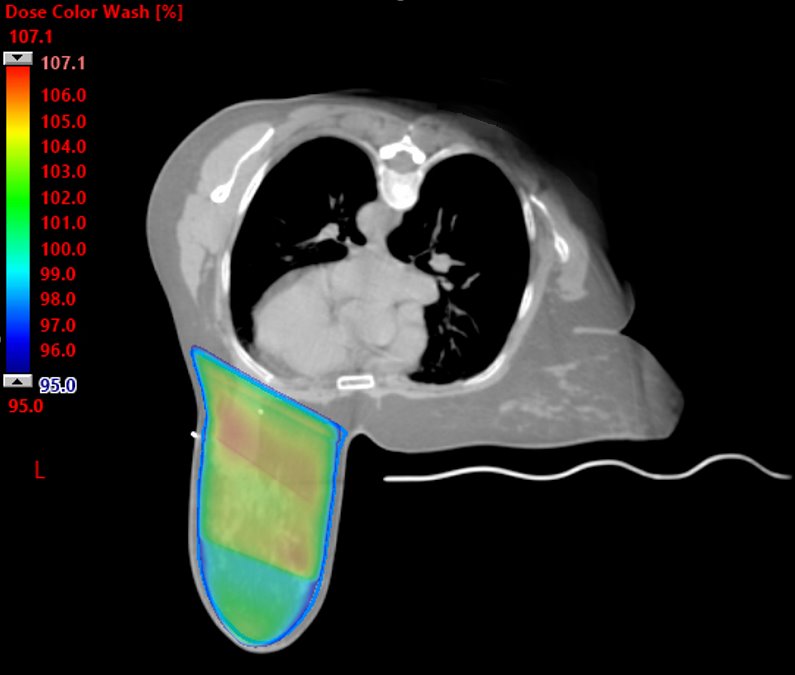 We provide the following for breast cancer radiation:
We provide the following for breast cancer radiation:
- The most experienced team with FAST-Forward and partial breast radiation in the Twin Cities metro
- Two new beam-matched Varian TrueBeam linear accelerators for breast cancer radiation treatment
- Long history of aggressive heart-sparing radiation using cutting edge techniques:
Breath hold, blood vessel avoidance, prone positioning

